
На сайте используются cookie файлы
The site uses cookie files
Данный сайт имеет возрастное ограничение!
This site has age restrictions!
Я подтверждаю, что мне, увы, уже давно исполнилось 18 лет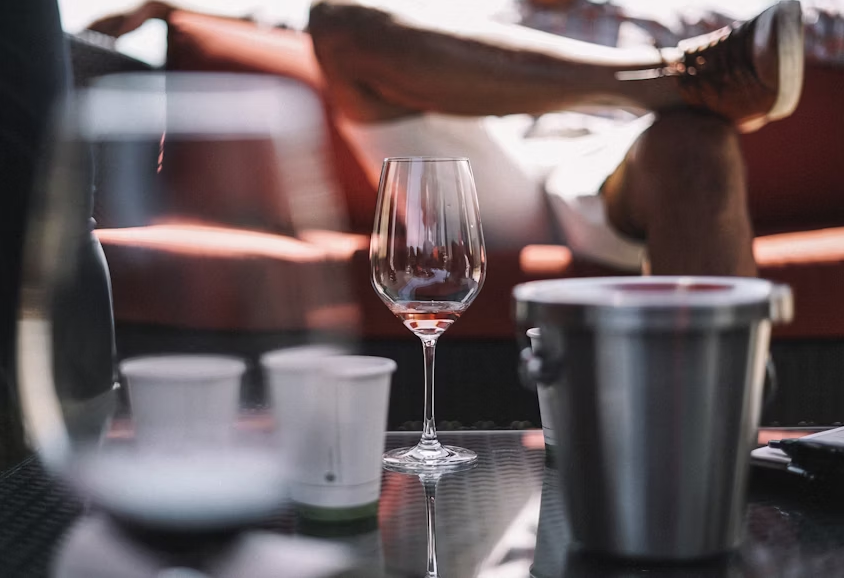
The wine industry is suffering from a global decline in consumption. Is the real problem that young people are turning away from alcohol – and what will it take for the industry to stay relevant to Generation Z? Victoria Makarova explores the issue.
Alcoholic beverages were always present in our household culture – my parents never made a taboo of it (though they certainly didn’t encourage it either). Drinks were kept in a special drawer called the “bar,” mirrored on the inside, always filled with the dense aroma of vermouth, port, and cognac. My first experience with wine happened when I was around 14. It was a risky operation. My friend and I were inspecting the treasures of my parents’ “bar” and decided to taste Sandeman, simply because we loved the bottle. The tasting couldn’t have been more than 50 ml between the two of us, but we repeated the experiment – and eventually had to top up the missing liquid with sugar water. We carried out such experiments several times until we were caught when the undissolved sugar gave us away in an opened bottle of a semi-sweet sparkling, which, eventually, turned sweet due to our intervention. A more serious acquaintance with wines and spirits came during my student years, but only around the age of 30 did I begin to take an interest in dry wines, eventually becoming a confident wine lover.
My path toward understanding wine and wine culture is a typical story of Generation X, which came of age long before those we now call “Zoomers.” Generation Z and their consumption – or rather, non-consumption – of alcohol has worried the industry for several years: producers link the decline in wine sales in many countries to this very group, fearing an alcohol-free future. So what exactly is happening with young people – and is this really influencing overall consumption levels?
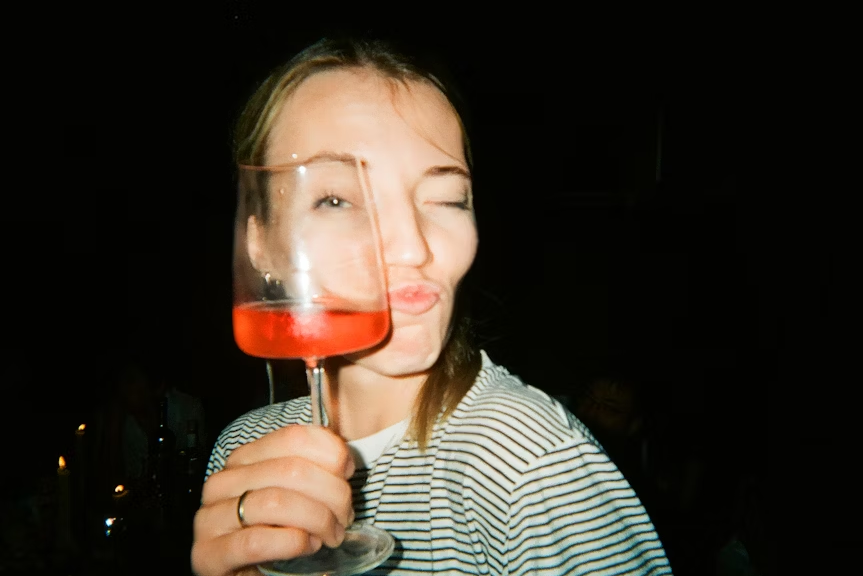
Let’s start with some statistics. Winemakers do have reasons to complain: the numbers confirm the decline, particularly those presented in the International Organisation of Vine and Wine (OIV) report State of the World Vine and Wine Sector in 2024. According to the OIV, wine consumption in the EU in 2024 dropped by 5.2% compared to the five-year average, while wine production decreased by 3.5% compared to 2023. The EU remains the largest wine market in the world, with a volume of 103.6 million hectoliters, accounting for 48% of global consumption. Compared to 2023, the market shrank by 2.8% in 2024, and by 5.2% relative to the five-year average. The decline is attributed to falling demand in the leading traditional wine-producing countries. Globally, around 214.2 million hectoliters of wine were consumed in 2024 – 3.3% less than in 2023.
Analyzing these figures, industry representatives concluded that the root of the problem lies with Generation Z, who, according to some data, drink far less than their predecessors. One hypothesis, widely used by marketers today, is that Generation Z is risk-averse – they drink less alcohol, have less sex, and drive less recklessly compared to earlier generations. Some psychologists support this view. For instance, Richard Weissbourd, a lecturer at Harvard University, notes that this shift is driven not only by parenting styles but also by broader social and cultural factors. Surveys show that young people are most concerned about financial insecurity, academic pressure, and a feeling that the world is “falling apart.” Many avoid potential dangers and challenges, leaving little room for mistakes. Alcohol consumption in general – and wine in particular – also falls into the risk zone for this generation, says Weissbourd.

Research is important, of course – but who can better explain the habits and preferences of Generation Z and create the right product for them than the “Zoomers” themselves? About a year ago, Young Poets Wine, a winemaking brand from Germany, caught my attention on Instagram. The first thing that stood out was the very professional yet unconventional communication: clever ideas, plenty of humor, smart copywriting, simple yet distinctive visuals, and a lot of engaging video content.
On the Young Poets Wine website, I learned more about the company’s concept: its founder, Elia Werner, a representative of Generation Z, brought together under his brand’s “umbrella” several young winemakers from different regions – Germany’s Pfalz and Baden-Württemberg, as well as Italy’s Apulia (Eliah actually says Austria is coming soon, too). The Young Poet’ range offers clean, vibrant, approachable, and drinkable wines with a distinct character and very original names.
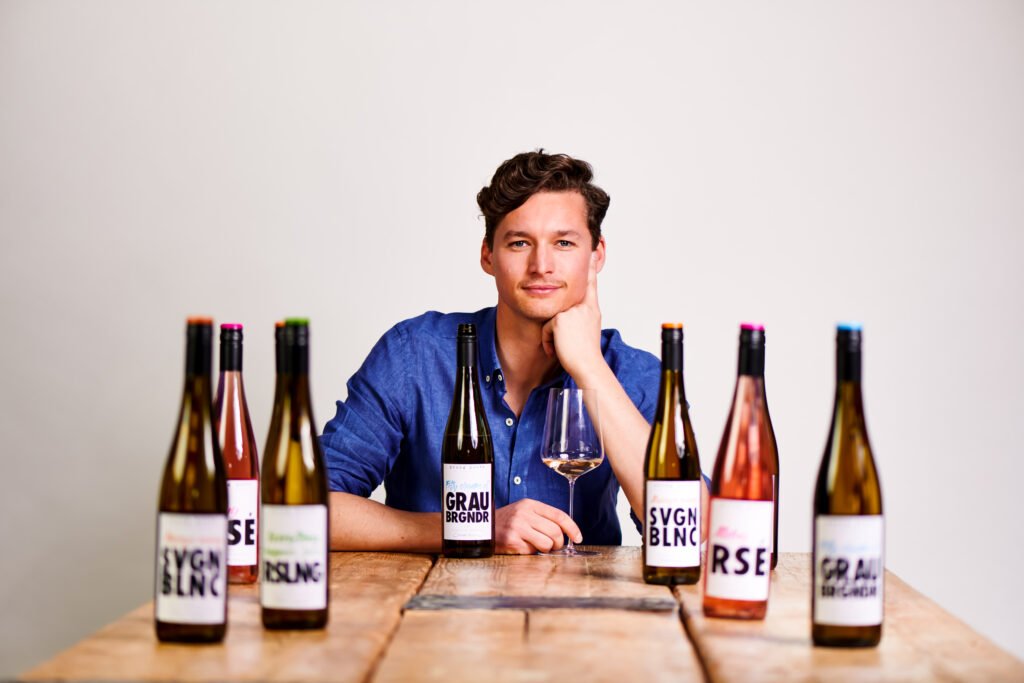
“We try to think out of the box, or rather, out of the bottle – and we focus on what really matters to the younger generation of consumers,” Elia Werner told me. “Young Poets is the wine that speaks in a clear, accessible language. No châteaux, no gold foil, no overcomplication – just clean design, honest storytelling, and great winemakers from Germany and beyond. Each wine is accompanied by a short poem, and behind every bottle there is a real person – a winemaker, or as we call them, a Young Poet.”
Elia’s idea is to offer young consumers exactly what they want: simplicity, lightness, humor – along with meaningful messages. “Wine may often seem complicated – we make it easy and intuitive. Our wines have names like Fifty Shades of GRAUBRGNDR, Never Say No to PRMTVO, Allday RSÉ, or Everything Happens for a RSLNG. The names are a bit tongue-in-cheek and playful because, in my opinion, wine should make you smile even before you take your first sip. For young people, the social mission also matters. With every bottle sold, we donate part of the proceeds to charity projects that help children learn to read – so that in the future, more young poets can emerge,” the brand’s founder explains.
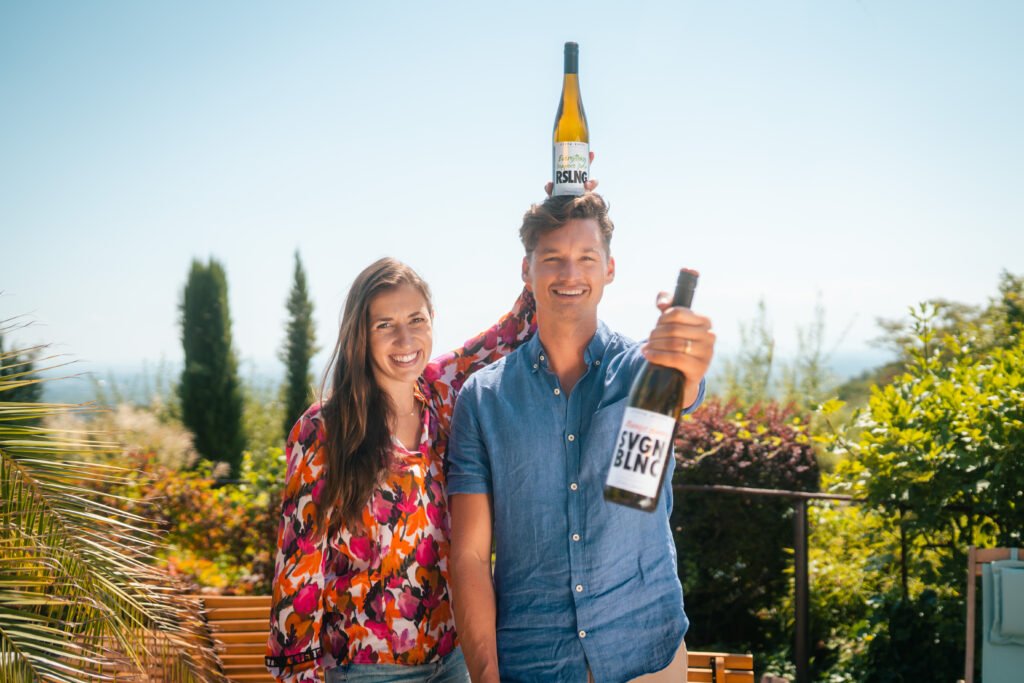
According to Elia Werner, wine for Generation Z must be good, expressive, and approachable – as well as tasty and suitable for any moment, whether it’s a party, a picnic in the park, or just an ordinary evening at home. Young consumers are open to new things and don’t place much importance on tradition. Chilled reds? Super. White wine in a can? Great – eco-friendly, sustainable and fun. As long as the taste delivers and the vibe feels right — the wine is fine for Gen Z.
“Wine has become too coded – too many rules, too much refinement and prestige, and too little joy,” Elia reflects. “It feels like you’ve come to a party without knowing the dress code, and everyone is speaking the complicated language of tasting notes.” In his view, Zoomers are curious but dislike pretentiousness. If the wine industry doesn’t adapt its tone, culture, and branding, it risks becoming irrelevant to this new generation of potential wine lovers. But Elia sees not only challenges here, but also great opportunities: “Win young consumers over with fruit-forward, easy-going, drinkable wines, build emotional attachment to your brand, and later on you can introduce them to more exclusive, premium wines. Start with fun, stay for depth.”
And now – the cherry on top. The latest Bevtrac study by IWSR (the global leader in beverage alcohol data and analytics) found that Generation Z is not turning away from alcohol, as previously thought. On the contrary – their consumption is actually rising. Between March 2023 and March 2025, the share of Gen Zers of legal drinking age who had consumed alcohol in the past six months grew from 66% to 73%, with particularly sharp increases recorded in the U.S. (46%→70%), the U.K. (66%→76%), and Australia (61%→83%). The study confirms that Gen Z’s drinking habits now hardly differ from those of other generations. Zoomers tend to experiment more with different categories of alcoholic beverages, lean slightly more toward spirits, and consume alcohol more frequently in bars, restaurants, and clubs compared to older age groups.
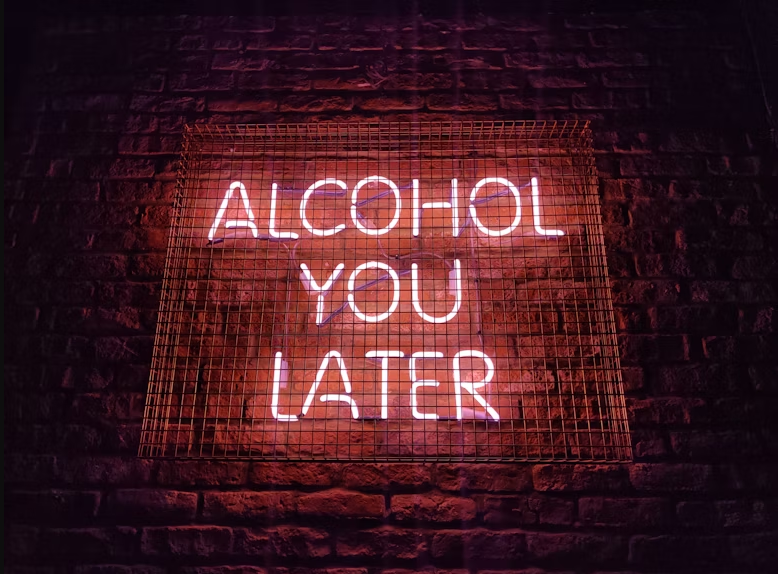
While overall trends point to more moderate drinking across all age groups, Gen Z is not drinking less – in fact, many say they’ve been drinking more recently. Experts explain the earlier slight decline by economic factors rather than wellness trends. IWSR believes it’s simply a matter of waiting until Generation Z starts earning more – and spending more on alcohol, including in the premium segment. So the future of the alcohol market is likely less dramatic than some media portray it.
After all, the wine industry must reinvent its approach to a younger generation unwilling to tolerate arrogance or needless complication. Zoomers are not rejecting wine – they are reinterpreting it. They don’t need “exclusivity,” and they won’t respond to a condescending tone.
To win Generation Z, brands should speak their language, tell genuine stories, demonstrate values (sustainability, craftsmanship, identity, social mission, etc.), and focus on innovation rather than “heritage and tradition.” Old legends and outdated messages no longer resonate. Special attention should also be given to digitalization (hello, TikTok, Instagram, and online sales).
Stripping wine of its aura of elitism is a difficult but necessary step for the industry’s survival. The real question isn’t whether younger generations will drink, but what they’ll choose. Today’s biggest challenge for winemakers and marketers is learning to speak their language – and there’s every reason to believe they will succeed.
⇒ Join our social networks ⇒ Optimistic D+ editors will take this as a compliment.
⇒ Every like is taken as a toast!
Photo: Brad Neathery, Maria Lysenko, young-poets-wine.com, Mahesh Patel, Beth Jnr
08.02.2026
27.01.2026